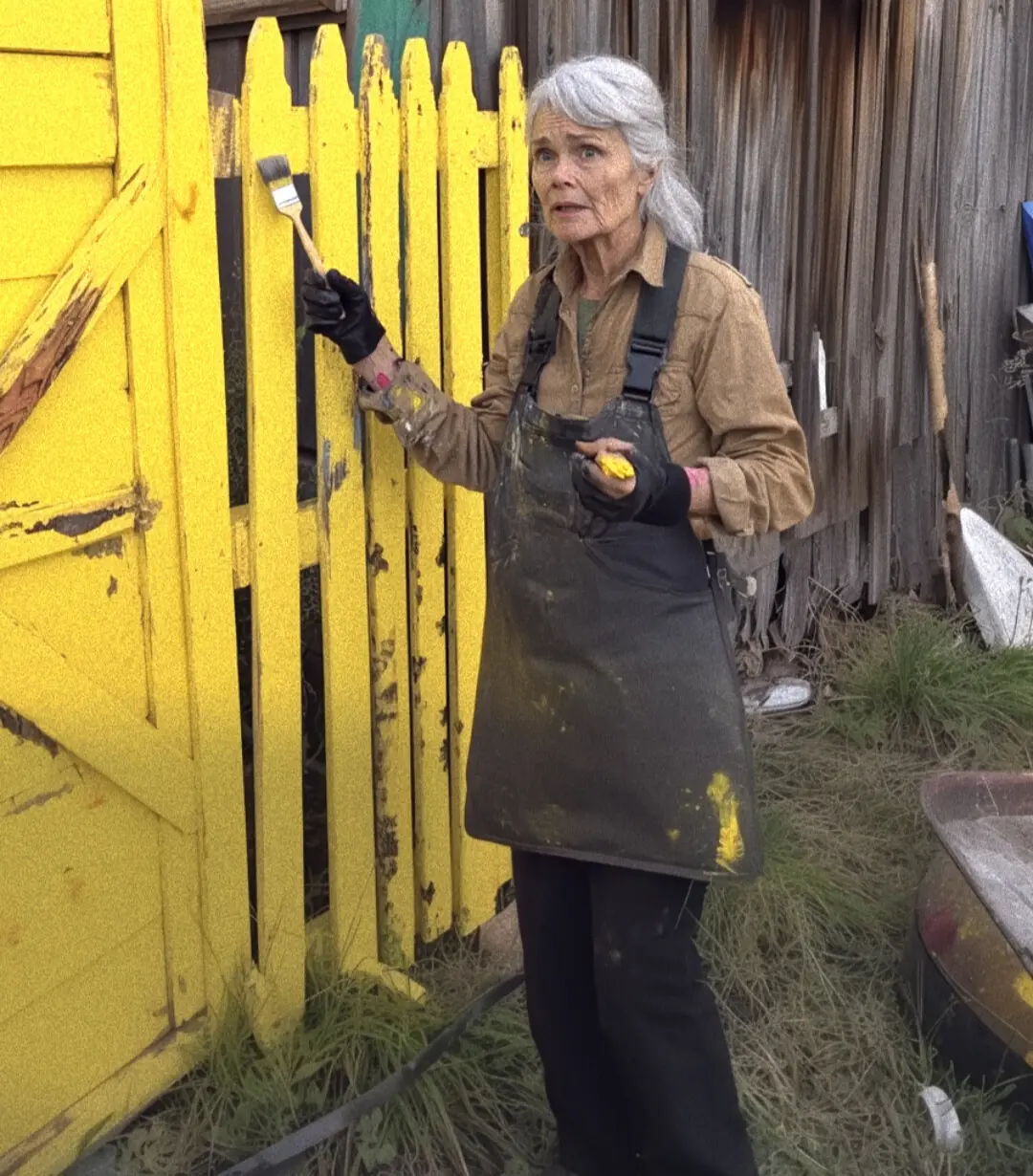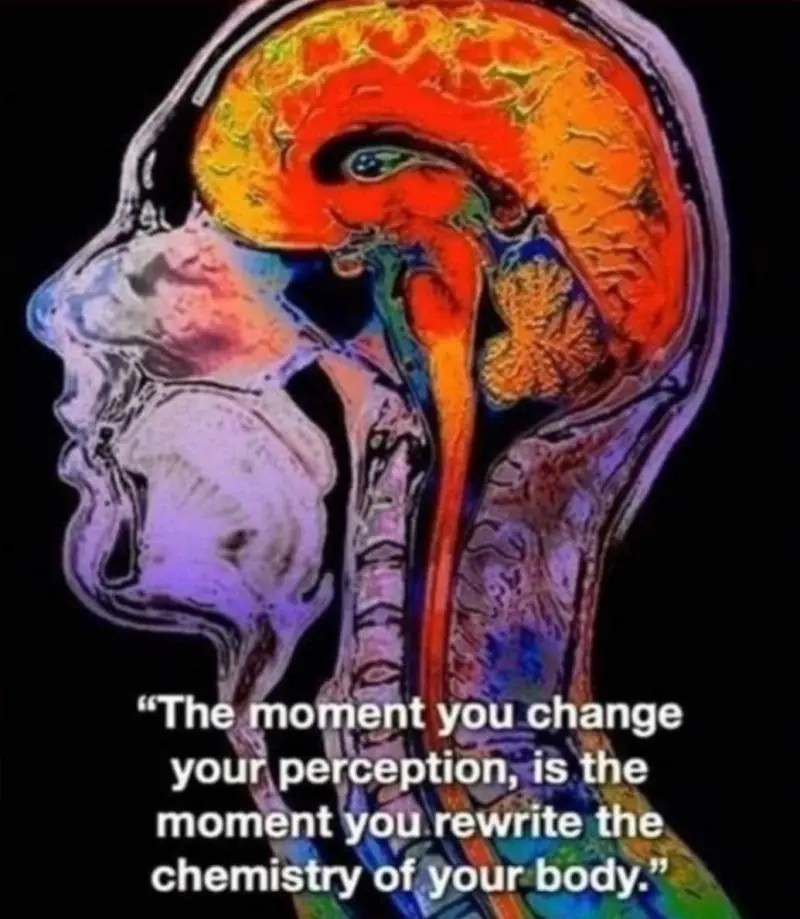
My Wife Kicked Me Out of the House Because of the Sudden Confession of My Director
My name is Christopher, and until recently, I believed I had everything I ever wanted. A decent career in IT, a promising future project, and most importantly, a woman I loved with all my heart. Her name is Rachel—30, beautiful, intelligent, quick-witted. She was everything I had hoped to find in a partner.
We’d been married for about a year and a half. Our lives were comfortable, built on late-night takeout, binge-watching sci-fi shows, and little inside jokes that always made the tough days easier. I never imagined that a single email could shatter the life we’d built.
Let me rewind.
I’m a mid-level IT specialist, and for the past three years, I’ve been working under a director named Ava. She’s also in her early thirties, fiercely competent, and highly respected in the industry. Together, we’ve been leading a massive project—something that could change the trajectory of both our careers. It demanded our full attention: late nights, tight deadlines, constant collaboration. But I didn’t mind. I believed in the work.
Then one Saturday night, something happened that I never could’ve predicted.
I was in my home office, debugging code with a cold cup of coffee by my side, when an email came through from Ava. The subject line was simple: “I Need to Say This.” I clicked it without thinking much. What I found inside turned my stomach into knots.
It wasn’t a complaint or a request.
It was a confession.
Ava had written a detailed, emotional letter expressing her feelings for me. She admitted she had been harboring these emotions for nearly the entire time we’d worked together. She said that working beside me every day had made it impossible not to fall in love—and that after a few drinks that evening, she couldn't keep it to herself any longer.
At first, I stared at the screen, stunned. I read the email twice more, just to be sure I wasn’t misunderstanding. I wasn’t. There was no ambiguity in her words.
I immediately called Rachel into my office. “Babe, you need to see this.”
She peeked in with a curious smile. “What’s up?”
“I just got something... strange from Ava. You need to read it.”
She perched on the edge of my desk and scrolled through the email. When she was done, she let out a laugh that didn’t match the tension in the room. “Wow. Your boss has a flair for drama.”
“She was drinking,” I said quickly. “I think she just needed to get it off her chest.”
“Are you going to report her?”
“No. She didn’t cross any lines. She’s never made things uncomfortable—until now, I guess. I just thought you should know.”
Rachel gave me a little shrug. “Alright, thanks for telling me.”
I thought that was the end of it. I thought I’d done the right thing—transparency, honesty. But over the next week, Rachel began pulling away. Small things at first: distant responses, fewer smiles, more nights spent curled on the far side of the couch.
“Everything okay?” I asked one evening, handing her a glass of wine.
“Yeah. Just tired.”
Another week passed. Then one morning over breakfast, she dropped her spoon and said, without looking up, “You need to quit your job.”
I blinked. “What?”
“I don’t feel comfortable with you working so closely with someone who’s in love with you.”
My mouth opened, but nothing came out. I couldn’t believe what I was hearing.
“That would destroy my career,” I finally said. “You know what this project means.”
“I know what it could mean if she keeps pushing.”
I laughed—nervously, trying to lighten the mood. “You’re acting like I’m halfway into an affair.”
She didn’t laugh.
After that, the tension exploded. Arguments erupted over dinner, over coffee, over nothing. Some days she ignored me completely. Other days, she’d mutter things like, “Why don’t you just go live with her?” It broke my heart. I kept reassuring her that there was nothing going on, that Ava had never made a move, that I had zero intention of betraying her.
But Rachel had already built her own version of reality, and no amount of reasoning could pull her out of it.
Then one day—during my lunch break—I decided to swing by the house. I wanted to grab a flash drive I’d forgotten.
When I got there, I found the locks had been changed.
And my belongings? Scattered across the patio.
My phone started vibrating. I looked at the screen. Blocked. Both my work number and personal line—she’d cut me off completely.
I returned to work in a fog of disbelief and heartbreak.
Days passed before she reached out. When she finally called, her voice was hollow, almost robotic.
“I’m sorry I did it that way,” she said. “But I’ve been spiraling. Every day you leave for that office, I feel like I’m losing you.”
“You’re not,” I said. “But you are pushing me away.”
“You can come back. But only if you resign.”
I nearly dropped the phone. “That’s still not an option, Rachel. I’ve worked too hard to get where I am.”
We both hung up angry and exhausted. I needed clarity, so I turned to my family. My sister reminded me of something I hadn’t considered in all my emotional turmoil.
“Chris,” she said, “you own that house.”
She was right. I’d bought the house before we got married.
So I did what any tech guy with a broken heart and a logical brain would do. I waited. And the next time Rachel left the house to run errands, I returned—with a locksmith.
When she walked in and saw me in the living room, her eyes went wide with fury.
“What are you doing here?!”
“Reclaiming my space,” I said calmly. “It’s my house.”
She lost it, screaming that I had no right, that I was breaking her heart by not quitting.
I told her, finally, that my family was right—we needed to stop pretending this was about a job. It was about trust, and if she didn’t have any left in me, what were we even fighting for?
“I’m filing for divorce tomorrow,” I said. “You have a few days to pack.”
She stood there, trembling. Maybe part of her didn’t believe I’d do it. But I had to. Not because I didn’t love her—but because she didn’t love me enough to trust me.
What can we learn from this story?
-
Trust is the foundation of every relationship. Rachel couldn’t believe in Christopher’s loyalty, even after his honesty and openness. That lack of faith broke what they had.
-
Honesty isn’t always rewarded—but it’s still the right thing to do. Christopher did the honorable thing by being transparent, and while it cost him, he kept his integrity intact.
-
Don’t abandon your principles under pressure. Walking away from his job may have saved his marriage—but it would’ve cost him his dreams. In the end, he chose self-respect.
News in the same category


I Blamed My Husband for His Meager Salary, Not Knowing He Spent Most of It on 2 Babies I Never Saw

My MIL Kept Bringing Her Towels and Sheets to Wash at My House – What I Found Out Left Me Speechless

Poor Man Compliments Woman with Gray Hair, Next Day She Comes to His Home with Engagement Ring

Doctor Raises Triplets after Mother Dies in Labor, in 5 Years Their Bio Dad Appears

My Neighbor Tried to Kick Me out of My Own Home, Until I Found a Note That Said 'You Need to Know the Truth About Your Husband'

Poisoned Easter Eggs Sent To Ex’s New Family — 7-Year-Old Passed Away

My Son Helped a Blind Old Man Pay for His Groceries – Today, a Convoy of Black SUVs Pulled Up to Our House

Granddad Forbids Anyone from Touching His Old Mattress, Girl Finds Stash There after His Death

My Stepmom and Her Adult Kids Changed the Locks After My Dad's Funeral – But My Mom Had the Final Word

My Husband Thought I Did Nothing While at Home with Our 5-Month-Old Baby until I Left Home for a Week

My Daughter Dropped off My Grandson and Disappeared — Three Weeks Later I Got a Call That Broke My Heart

My Husband Kicked Me and Our Three Kids Out, So I Knocked on the First Door I Saw and Asked for a Job

My MIL Called My Kids ‘Fake Grandkids’ Because They’re Adopted, But Karma Made Her Eat Her Words

My Husband Secretly Bought a Second House – One Day, I Drove There and Was Shocked by What I Found

Girls Visit Dad's Grave to 'Show' Their New Dresses as He Asked, See 2 Boxes with Their Names

Turns Out I Rented an Apartment to My Husband's Mistress, and Their Next Date There Was One I'll Never Forget

Neighbor Mocks Poor Woman for Filthy Look of Her House, Apologizes after She Sets Foot Inside

My Son’s New Classmates Turned Him from a Straight-A Student into a Troublemaker — But I Didn’t Give Up on Him
News Post

My Neighbor Copied Everything I Did Until I Discovered the Heartbreaking Reason

I Blamed My Husband for His Meager Salary, Not Knowing He Spent Most of It on 2 Babies I Never Saw

My MIL Kept Bringing Her Towels and Sheets to Wash at My House – What I Found Out Left Me Speechless

Poor Man Compliments Woman with Gray Hair, Next Day She Comes to His Home with Engagement Ring

Doctor Raises Triplets after Mother Dies in Labor, in 5 Years Their Bio Dad Appears

My Neighbor Tried to Kick Me out of My Own Home, Until I Found a Note That Said 'You Need to Know the Truth About Your Husband'

Turmeric: The Golden Spice with Incredible Health Benefits

Why You Should Mix Cloves with Coffee: A Game-Changing Combo

Unusual Morning Signs That May Warn of Cancer Risk

The moment you change your perception is the moment you rewrite the chemistry of your body

10 Cancer Warning Signs Women Often Overlook

Paralysed man stands again after receiving ‘reprogrammed’ stem cells

🌿 Unlock the Secret Power of Guava Leaves: Transform Your Hair, Skin & Health Naturally

🍯🌿 18 Benefits: Mix Ginger with Cloves and Honey, You'll Thank Me for the Recipe!

This Simple Exercise Lowers Blood Pressure as Effectively as Pills, Study Finds

From Causes to Cures: Everything You Need to Know About Fatty Liver

Symptoms of prostate cancer explained as study reveals how often men should ejaculate per month to prevent it

Why Skipping Breakfast Could Be Harming Your Health: Hidden Dangers You Need to Know

Recognizing the Warning Signs of a Stroke: Why Immediate Action Can Save Lives
